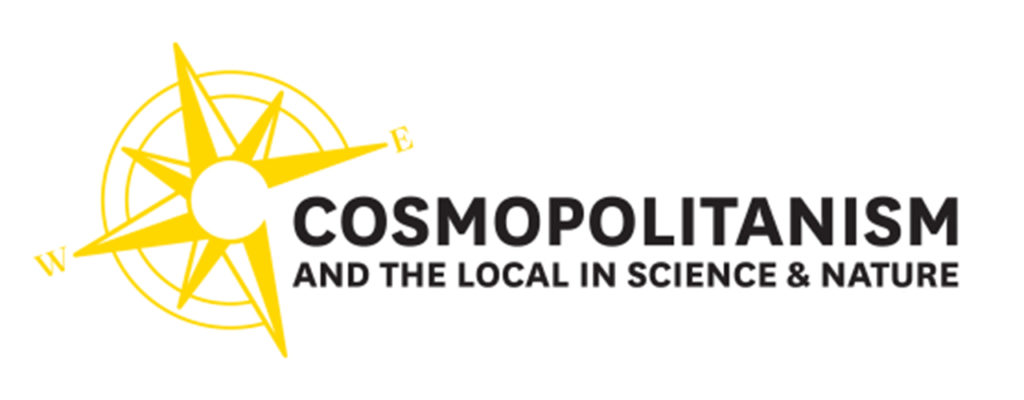
![]()
King’s has received over $200,000 in Partnership Development funding from the Social Sciences and Humanities Research Council of Canada (SSHRC) to fund the development of an international research network.
The research project, “Cosmopolitanism and the local in science and nature: Creating an east/west partnership”, spans Canada , the US, India and Southeast Asia, with King’s and project director Dr. Gordon McOuat leading the international collaboration.
The project focuses on the need for North American universities and scholars to form links with counterparts in India and Southwest Asia for the dissemination and exchange of knowledge about concepts of nature, philosophy, and science. “This project will help scholars in India and Southeast Asia, alongside those in Canada, strengthen their own national research networks in the fields of history and philosophy of science as well as science and technology studies,” says Emily Tector, project manager for the Situating Science SSHRC Strategic Knowledge Cluster.
“The adjudicating committee ranked ours proposal very highly,” says McOuat. “It is clear that SSHRC recognises this as an important initiative, with academic and social-political benefits.”
The project will involve a series of international workshops, seminars, and summer schools on the comparison of knowledge styles, views of nature, and east-west cosmopolitanism, all with the aim of establishing student and faculty exchanges between different regions and university programs. “The project, which is both historical and contemporary in scope, opened with a workshop in Singapore in August and will be followed by a summer school and workshop in India next year, among numerous other activities. We anticipate that it will lead to a long-term formal partnership between King’s and the other universities involved,” says McOuat.
Tector says that the project offers the potential for some of the “big questions” about the role and meaning of science, technology, and society to be answered on a “global scale”.
“This is an important project, not only for King’s, but for Canada and the wider world,” says President George Cooper. “Under King’s leadership, this international group of historians, philosophers, sociologists and others studying science will examine how information on nature, philosophy, and science is exchanged and circulated around the world. We look forward to building closer relationships with other universities and the forging of what we hope will be a formal and sustainable partnership.”
King’s is working in partnership with Manipal University (Manipal, India), Jawaharlal Nehru University (Delhi), National University of Singapore, University of Toronto, York University, Dalhousie University, and the University of Alberta, with collaborators from UBC, McGill, and Harvard, among others.

